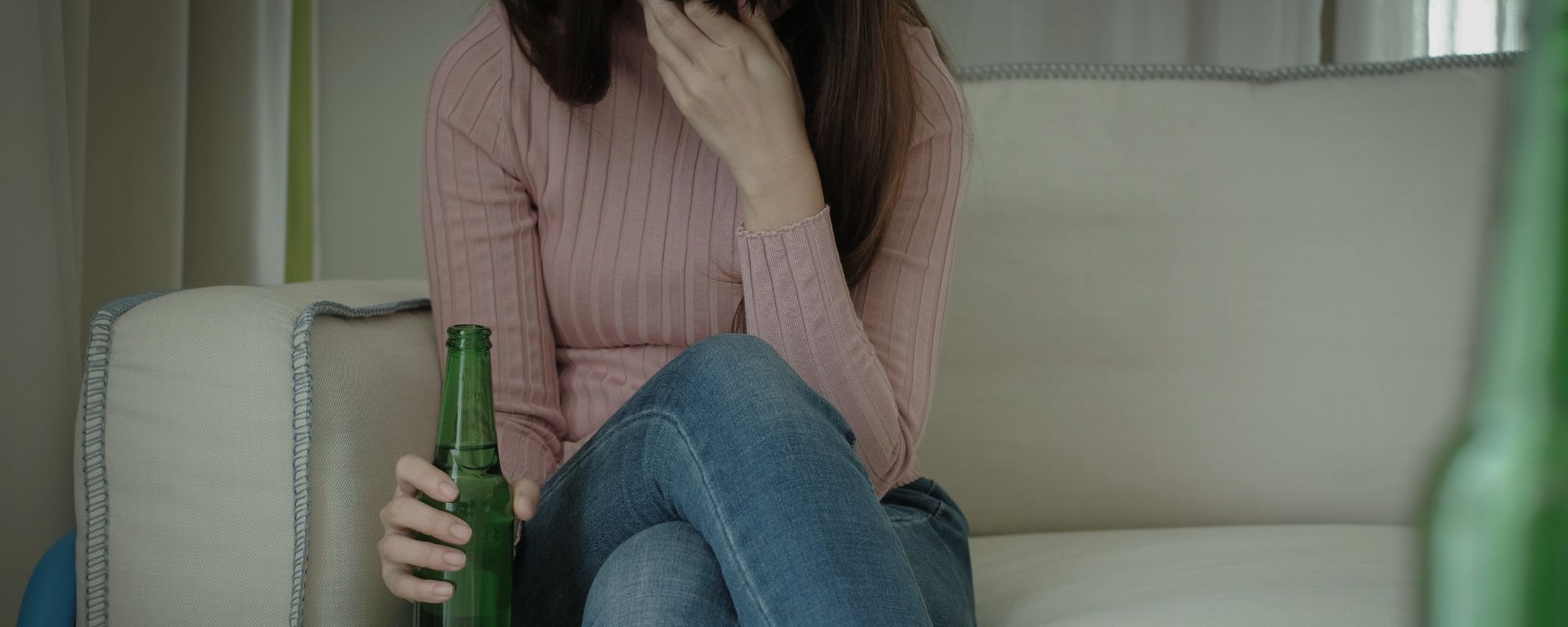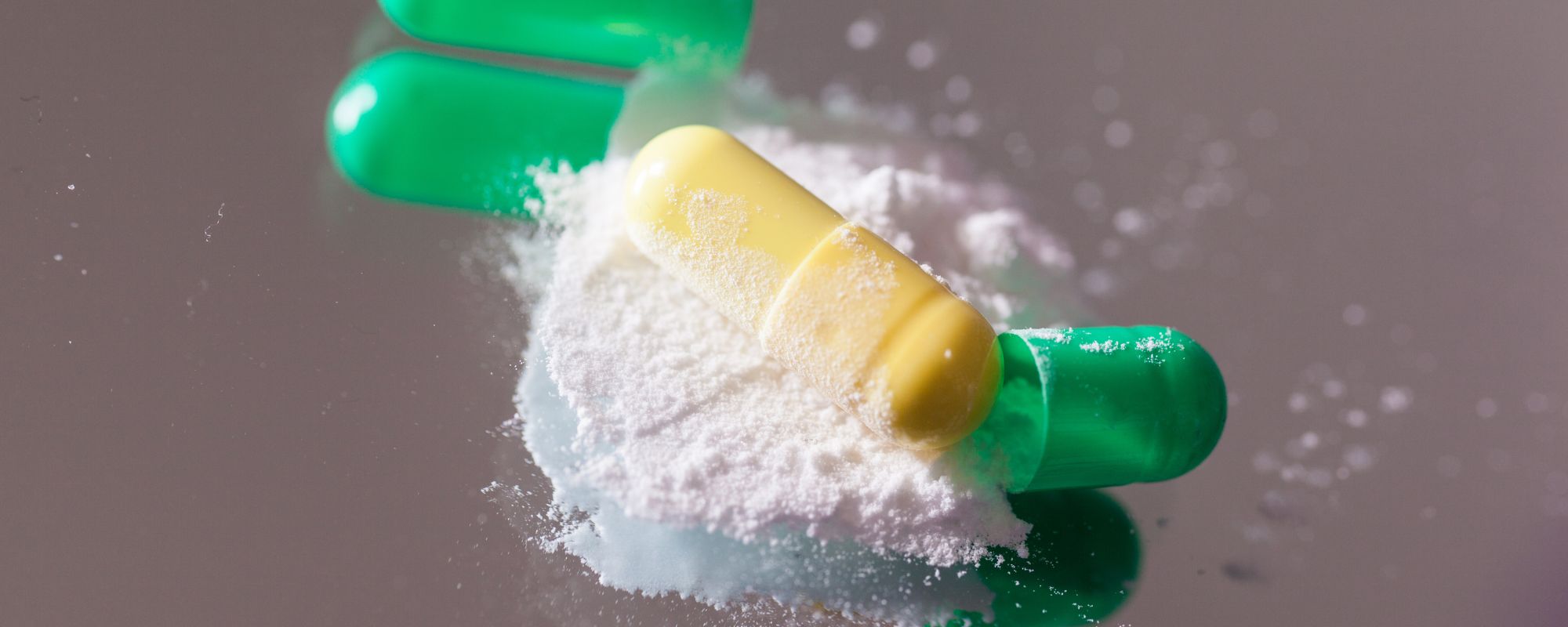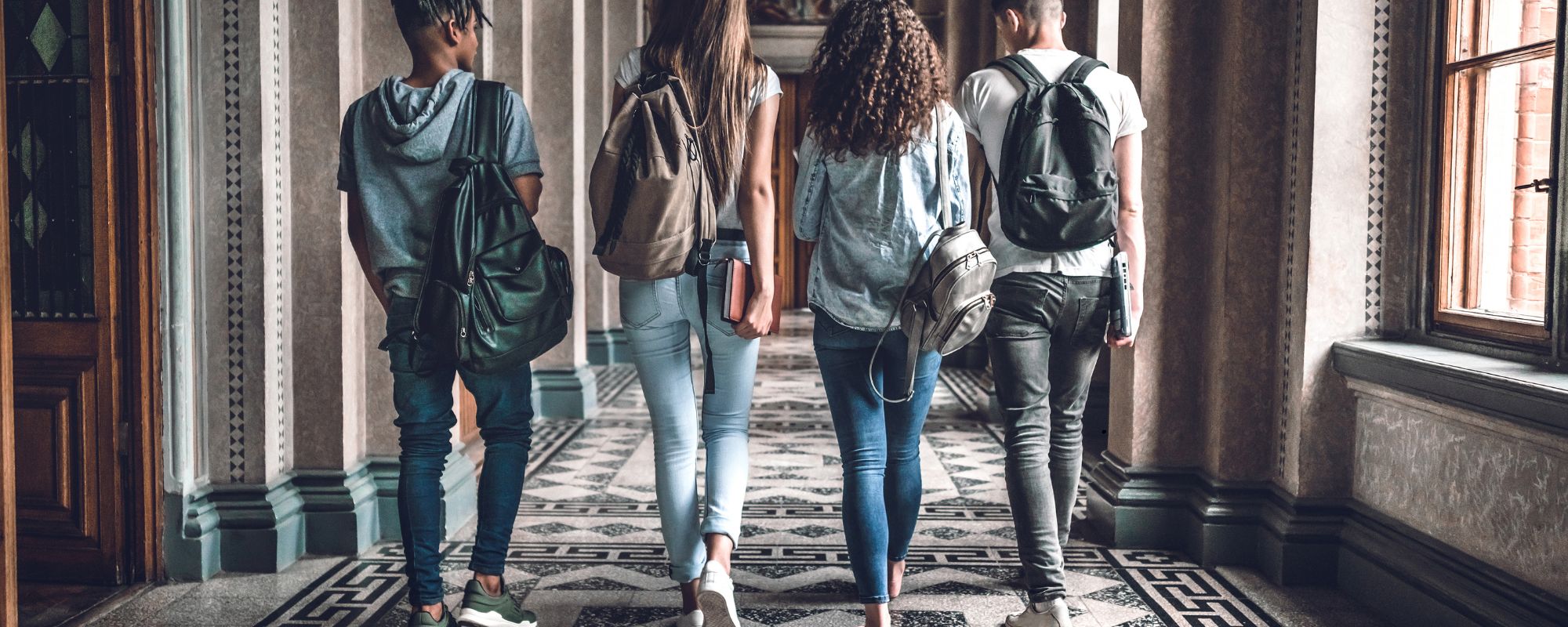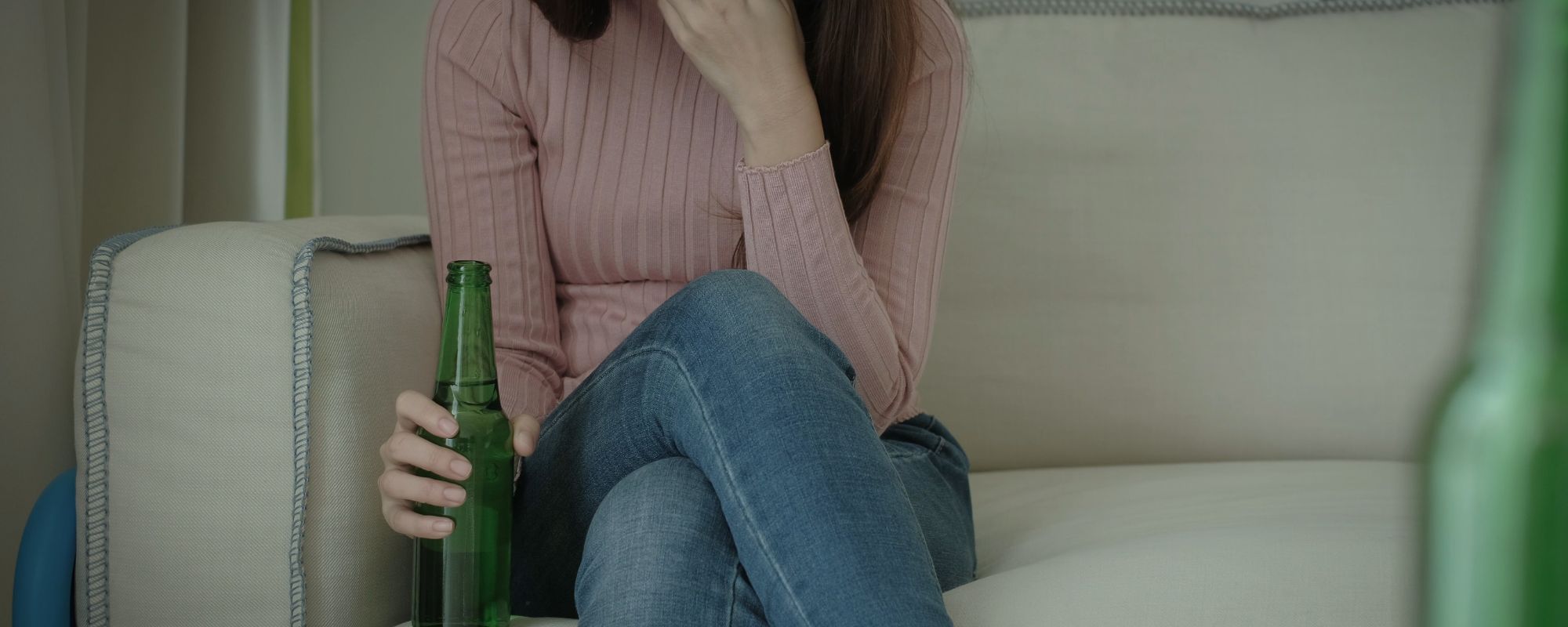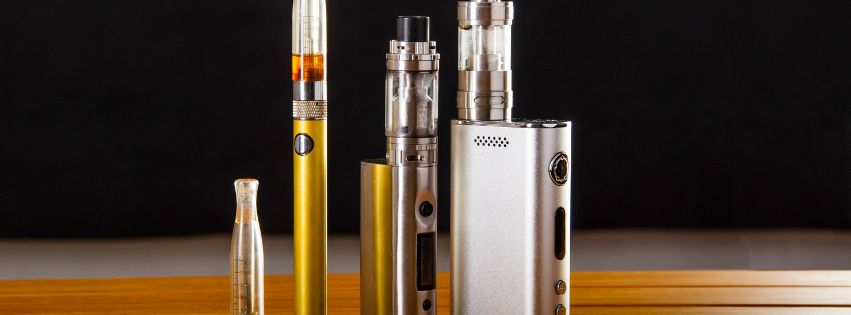Antidepressants and alcohol are a dangerous mixture. At best, alcohol can cancel out the effects of antidepressants, keeping the individual trapped in their symptoms. At worst, it can cause severe physical and mental effects and lead to overdose or death. While it may seem harmless to mix an antidepressant like Zoloft and alcohol, you can end up stuck in a dangerous pattern of addiction. Antidepressants and alcohol use shouldn’t overlap—here’s why.
Understanding Antidepressants
Antidepressants are a form of medication that increases chemical activity in the brain to combat mental illness symptoms. They’re commonly prescribed for individuals with depressive disorders, such as major depressive disorder, persistent depression, and postpartum depression. However, antidepressants can also be used to treat other mental illnesses that have similar symptoms to depression. For example, antidepressants can be prescribed for anxiety disorders, obsessive-compulsive disorder, and post-traumatic stress disorder (PTSD). Over 18 million people in the United States took antidepressants between 2016 and 2022.
How Do Antidepressants Work?
Antidepressants target neurotransmitters to improve negative feelings caused by a low mental state. Because brain chemistry plays a large role in mental disorders, increasing serotonin, dopamine, and norepinephrine is proven to improve mood and well-being. Notably, not every antidepressant targets the same neurotransmitters.
Kinds of Antidepressants
There are many different types of antidepressant medications. Each operates differently on the brain for the same goal: improving positive brain chemistry. It’s likely you might need to work with your therapist to find the right fit for an antidepressant. Understandably, your situation, background, history of substance use, and unique neurochemistry all play a role in what medication will work. Be prepared for the possibility of some trial and error in the process of finding the right antidepressant. For example, your therapist may prescribe you a first-response type of antidepressant, like an SSRI, before making modifications, if needed.
SSRIs
Selective serotonin reuptake inhibitors (SSRIs) are antidepressants that are commonly prescribed first before trying an alternate medication. They have positive results for depression and anxiety symptoms with few known side effects. SSRIs help the body produce more serotonin, a feel-good hormone that improves mood. Some SSRIs are Sertraline, Zoloft, and Prozac.
SNRIs
Serotonin-norepinephrine reuptake inhibitors (SNRIs) are a type of antidepressant that block the reabsorption of serotonin and norepinephrine. These are hormones that elevate one’s positive mood. By stimulating feel-good hormones, the individual experiences an elevated mindset. Some SNRIs are Venlafaxine, Milnacipran, and Duloxetine.
MAOIs
Monoamine oxidase inhibitors (MAOIs) are antidepressants that block monoamine oxidase. This is an enzyme that removes feel-good neurotransmitters serotonin, dopamine, and norepinephrine. Thus, by inhibiting this process, the brain experiences a flood of positive hormones. MAOIs are strong medications that may be prescribed as a follow-up option to a different antidepressant.
Get confidential help from our addiction and mental health treatment facilities located across the United States. Call to join one of our quality programs today!
Speak With Our Admissions TeamHow Alcohol Affects the Brain
On the other hand, alcohol also affects the brain. When you drink, alcohol absorbs into your bloodstream and reaches your brain within five minutes. Alcohol alters the way your brain functions by modifying communication between each area of the brain and the body. As a result, drinking results in poor memory, reasoning, reactions, and sensory processing. Chronic alcohol misuse can lead to mental illness and brain damage. In order to prevent this, finding reliable alcohol rehab is a smart decision. If you drink while taking antidepressants, it’s even more important to get help to negate the effects of alcohol consumption.
Long-Term Impact of Drinking on Mental Health
Long-term alcohol abuse can have negative impacts on your brain and body. For one thing, alcohol can reduce the size of your brain neurons over time, resulting in worsening brain function and cognition. As alcohol use alters your brain composition, your mental health is also likely to experience shifts. Evidently, alcohol abuse can lead to the development of mental illness due to the way it modifies neurochemistry. Some symptoms that are known to develop include anxiety, sadness, hopelessness, irritability, and aggression.
Why Do People with Depression Drink Alcohol?
Unsurprisingly, mental illnesses like depression often go hand-in-hand with alcohol abuse. Individuals with depressive disorders may turn to alcohol as a form of self-medication. Depression can feel incredibly isolating because it makes the person feel a sense of “otherness” from the world around them. Also, depression symptoms of intense sadness, low self-worth, and hopelessness trap the person in a cycle of negative thinking. Whether they’re taking antidepressants or not, alcohol provides a sense of temporary numbness or escape.
Of course, the long-term results of self-medicating with alcohol are not good. At best, it doesn’t fix the problem, and at worst, it can lead to addiction and alcohol poisoning. Further, consuming antidepressants and alcohol at the same time has its own set of risks.
The Dangers of Drinking Alcohol on Antidepressants
Individuals commonly fall into the danger of mixing alcohol and antidepressants. As shown, alcohol addiction can cause mental illness symptoms, including depression and anxiety, because alcohol abuse alters neurochemistry. Yet, alcohol abuse can also follow a mental disorder diagnosis if the individual tries to self-medicate their pain. Mixing an SSRI like Lexapro and alcohol can worsen the symptoms of your mental illness. This is because alcohol can impede the effects of antidepressants and can also lead to new symptoms, like increased impulsivity. Alcohol hinders cognition, memory, and balance, which, when combined with symptoms of depression, leave the person in a high-risk state.
Further, it can lead to physical dangers like high blood pressure, stroke, and heart palpitations. Mixing alcohol and antidepressants also increases your risk of overdose and death.
Looking for quality treatment for substance abuse and mental health that’s also affordable? Aliya Health Group's treatment facilities accept most major insurance providers. Get a free insurance benefits check now!
Check Your CoverageAlcohol and Depression Treatment Programs
If you’re struggling with the desire to mix antidepressants and alcohol, we want to help you with alcohol treatment. Maybe you’re facing poor mental health, like depression symptoms, and find it difficult to quit drinking alcohol even though you take medication. Fortunately, there’s hope of recovery from addiction and mental illness at our treatment centers. Whatever you’re having trouble with, we have an expert team ready to help. From alcohol detox to aftercare, we can help anyone overcome drugs and alcohol with our addiction treatment options.
As part of our commitment to holistic healing, we won’t just focus on your alcohol use or your mixing of antidepressants and alcohol. Instead, we will treat you like a person first and walk you through therapy for your root issues. You can overcome your symptoms of depression and anxiety through behavioral therapy and holistic therapy activities.
Our treatment programming includes detox, residential inpatient treatment, outpatient rehab, and aftercare. Talk to us today about how entering treatment can help you overcome the misuse of antidepressants and alcohol.
- Alcohol Use Disorder (AUD) in the United States: Age Groups and Demographic Characteristics | National Institute on Alcohol Abuse and Alcoholism (NIAAA) (nih.gov)
- Alcohol and the Brain: An Overview | National Institute on Alcohol Abuse and Alcoholism (NIAAA) (nih.gov)
- Antidepressant Dispensing to US Adolescents and Young Adults: 2016–2022 | Pediatrics | American Academy of Pediatrics (aap.org)
- How Alcohol Impacts the Brain | Northwestern Medicine

